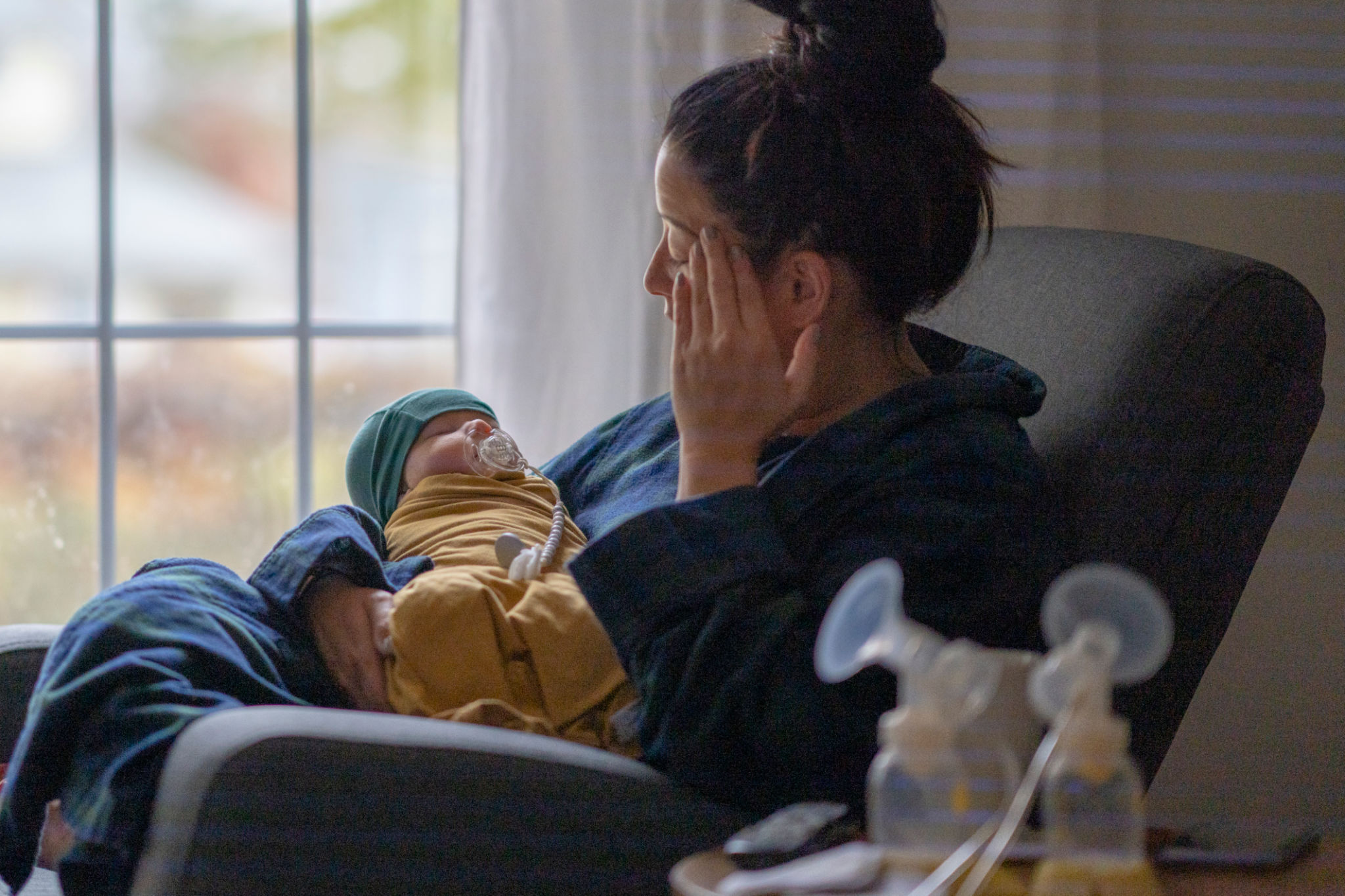Debunking Myths: Maternal Mental Health Care for Black Women
Understanding Maternal Mental Health
Maternal mental health is an essential aspect of overall well-being for new mothers. Unfortunately, it is often clouded by misconceptions and stereotypes, especially when it comes to Black women. These myths can prevent Black women from seeking the care they need, ultimately impacting their mental health and the well-being of their families.
It is crucial to debunk these myths to ensure Black women receive the support they deserve. By understanding the unique challenges faced by Black mothers, we can better advocate for equitable mental health care. This begins with acknowledging the cultural, social, and economic factors that play a role in their mental health.

Myth: Black Women Are Naturally Resilient
A common myth is that Black women are inherently strong and resilient, able to handle any adversity with ease. While resilience is an admirable quality, it should not be assumed that Black women do not need support. This stereotype can lead to the dangerous assumption that they are less susceptible to mental health challenges, which is far from the truth.
In reality, Black women face unique stressors that can affect their mental health, including systemic racism, discrimination, and cultural expectations. These pressures can lead to anxiety, depression, and other mental health issues. It is vital to acknowledge that strength does not negate the need for mental health care.

Myth: Therapy Isn't for Black Women
Another myth that persists is that therapy is not suitable or effective for Black women. This misconception has roots in historical mistrust of the healthcare system, fueled by past injustices and ongoing disparities. However, therapy can be an incredibly beneficial tool for addressing mental health concerns.
Culturally competent therapists who understand and respect the unique experiences of Black women can provide invaluable support. Seeking therapy should be viewed as a proactive step towards better mental health, rather than a sign of weakness or inadequacy.
Myth: Postpartum Depression Is Rare Among Black Women
Postpartum depression (PPD) affects many new mothers, yet there is a misconception that it is rare among Black women. In reality, studies have shown that Black women are more likely to experience PPD than their white counterparts. This disparity can be attributed to various factors, including lack of access to quality healthcare and social support networks.
Recognizing the signs of PPD and seeking help early can significantly improve outcomes for mothers and their families. Awareness campaigns and community outreach programs are essential in providing education and resources about maternal mental health.

Addressing Barriers to Care
Several barriers prevent Black women from accessing mental health care, including financial constraints, stigma, and a lack of culturally appropriate services. Overcoming these barriers requires systemic change and community-driven solutions. Healthcare providers must prioritize diversity and inclusion to ensure that all mothers receive equitable care.
Community organizations play a crucial role in supporting Black mothers by offering resources such as support groups, educational workshops, and advocacy initiatives. These efforts help create a more supportive environment for mothers seeking help.
Empowering Black Mothers
Empowering Black mothers involves providing them with the tools and resources needed to prioritize their mental health. This includes raising awareness of maternal mental health issues, promoting self-care practices, and encouraging open conversations about mental health in Black communities.
By debunking myths and addressing the unique challenges faced by Black women, we can foster a culture of understanding and support. Ensuring that maternal mental health care is accessible and effective for all mothers is not just beneficial — it is essential for building healthier families and communities.
